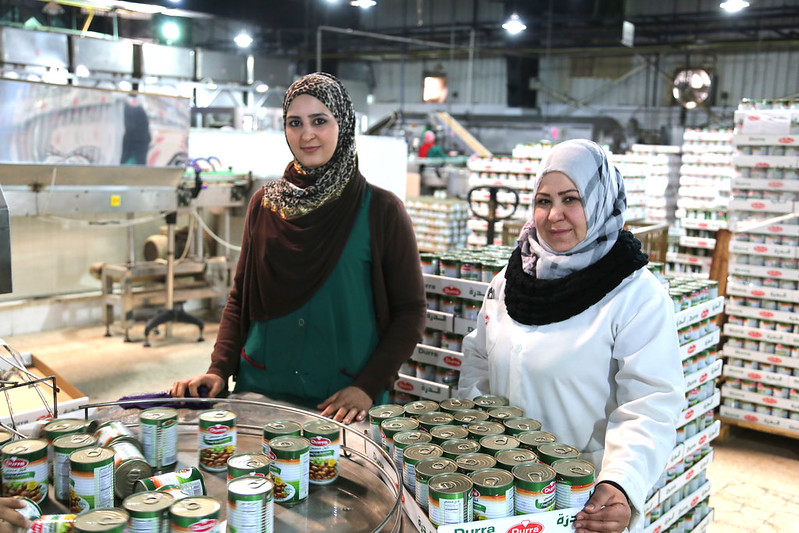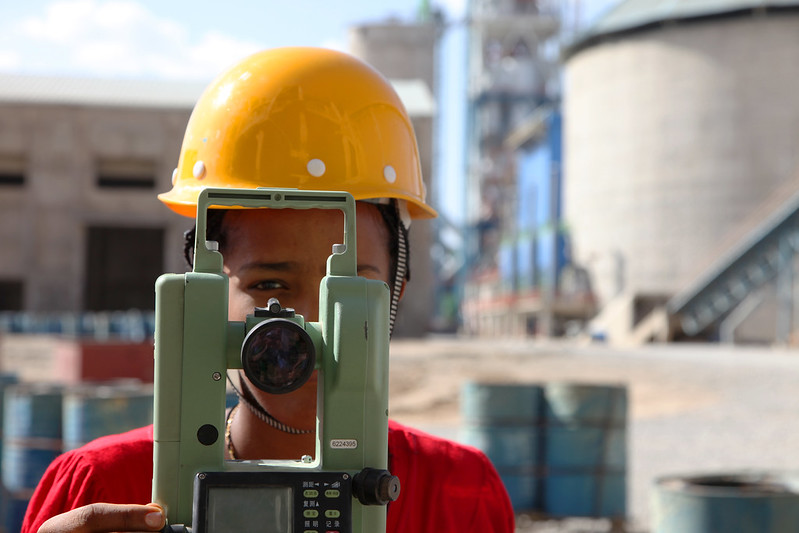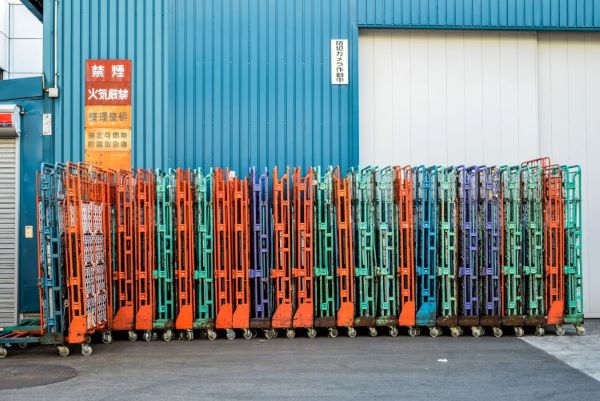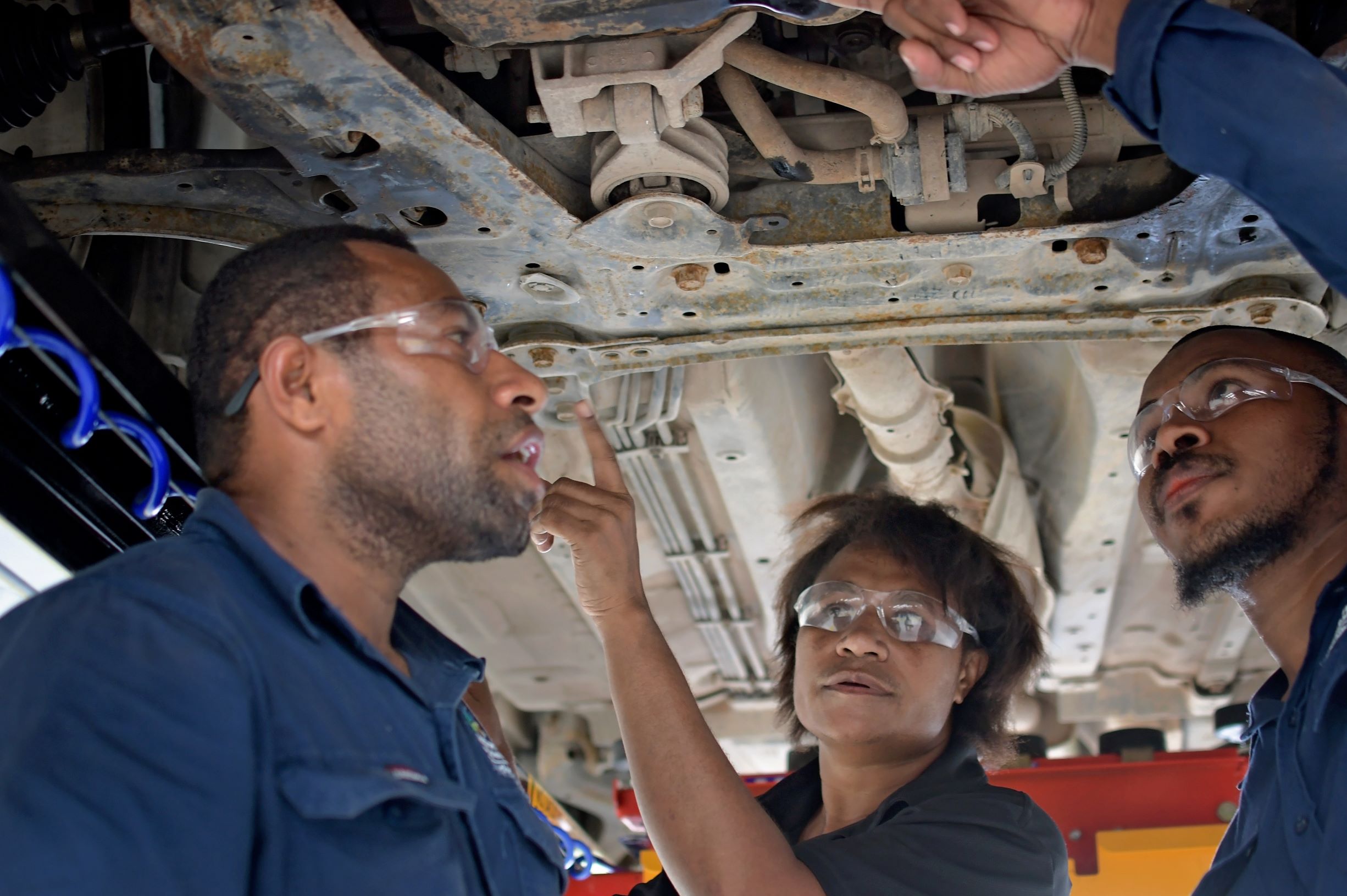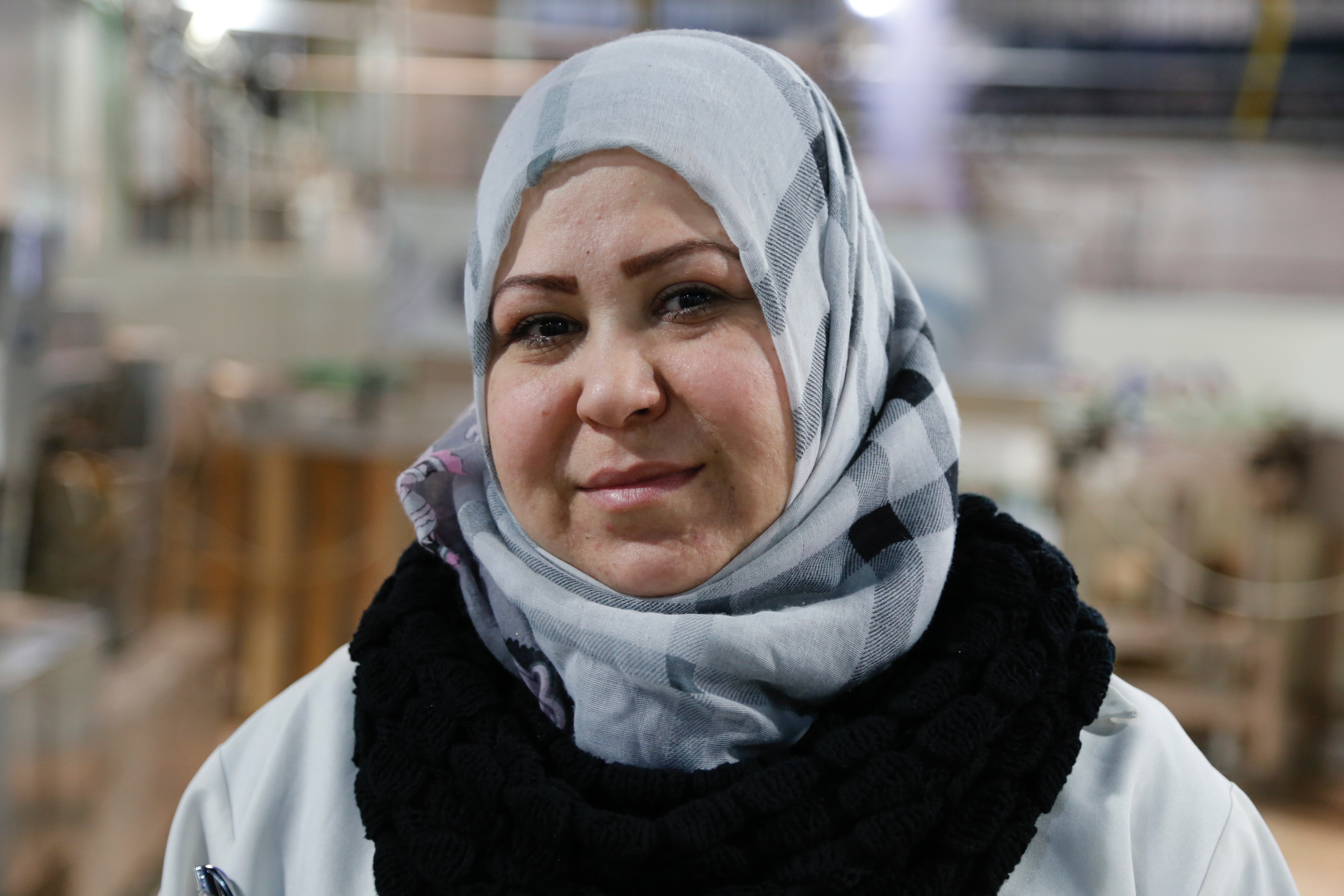Ideas to action: independent research for global prosperity
labor mobility
More from the Series
October 24, 2019
A Global Skill Partnership is a bilateral labor migration agreement between a country of origin and a country of destination. It is a way to regulate how migration happens in a context where the labor forces are shrinking in countries of destination but growing rapidly in countries of origin, result...


